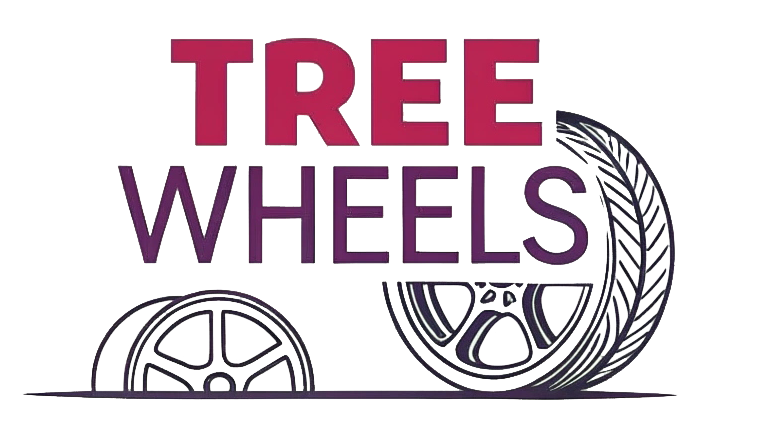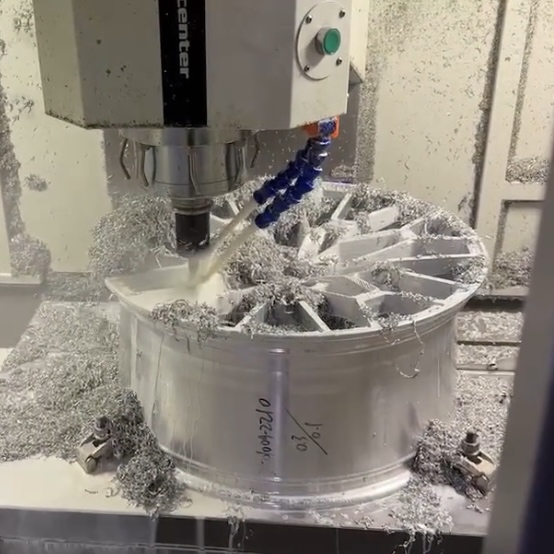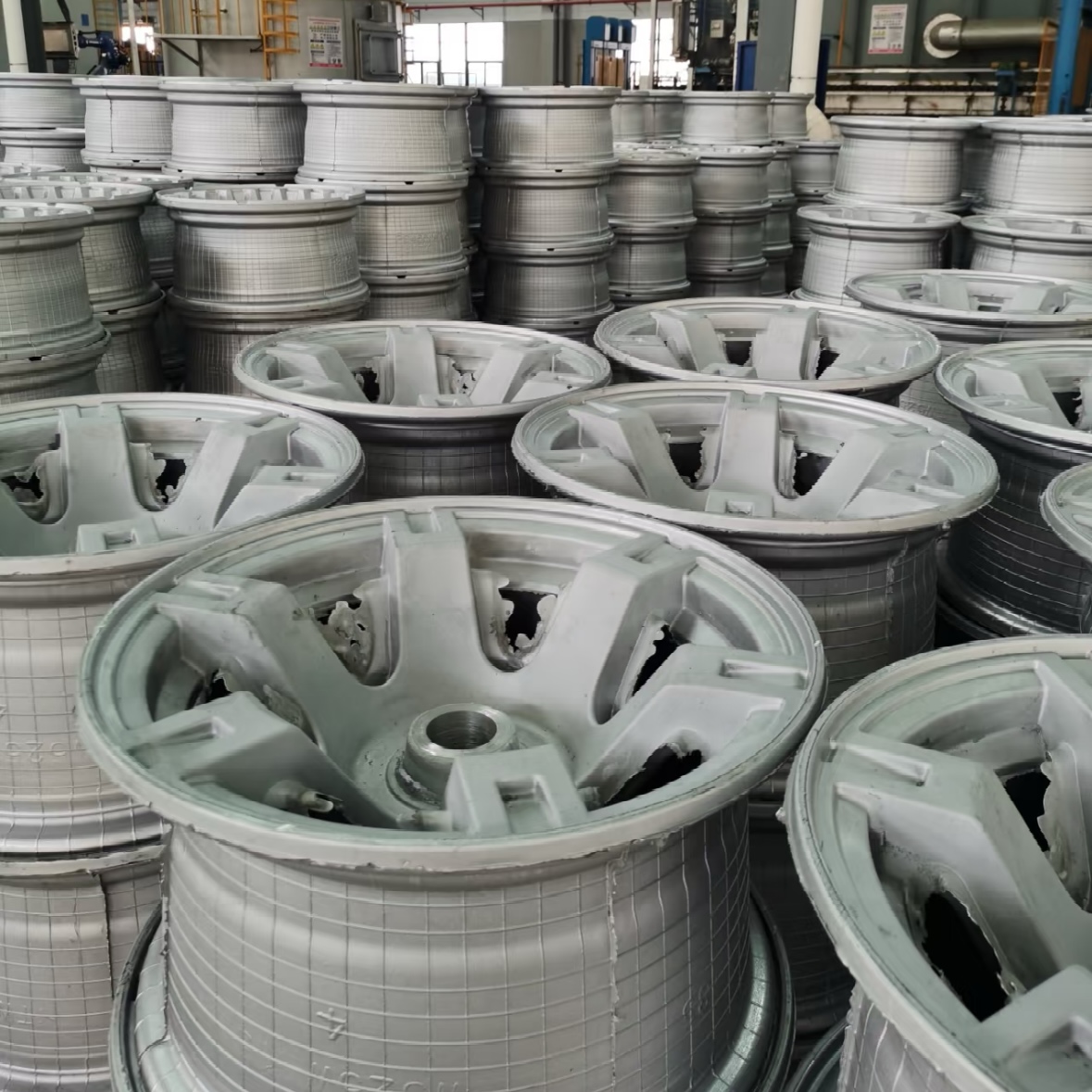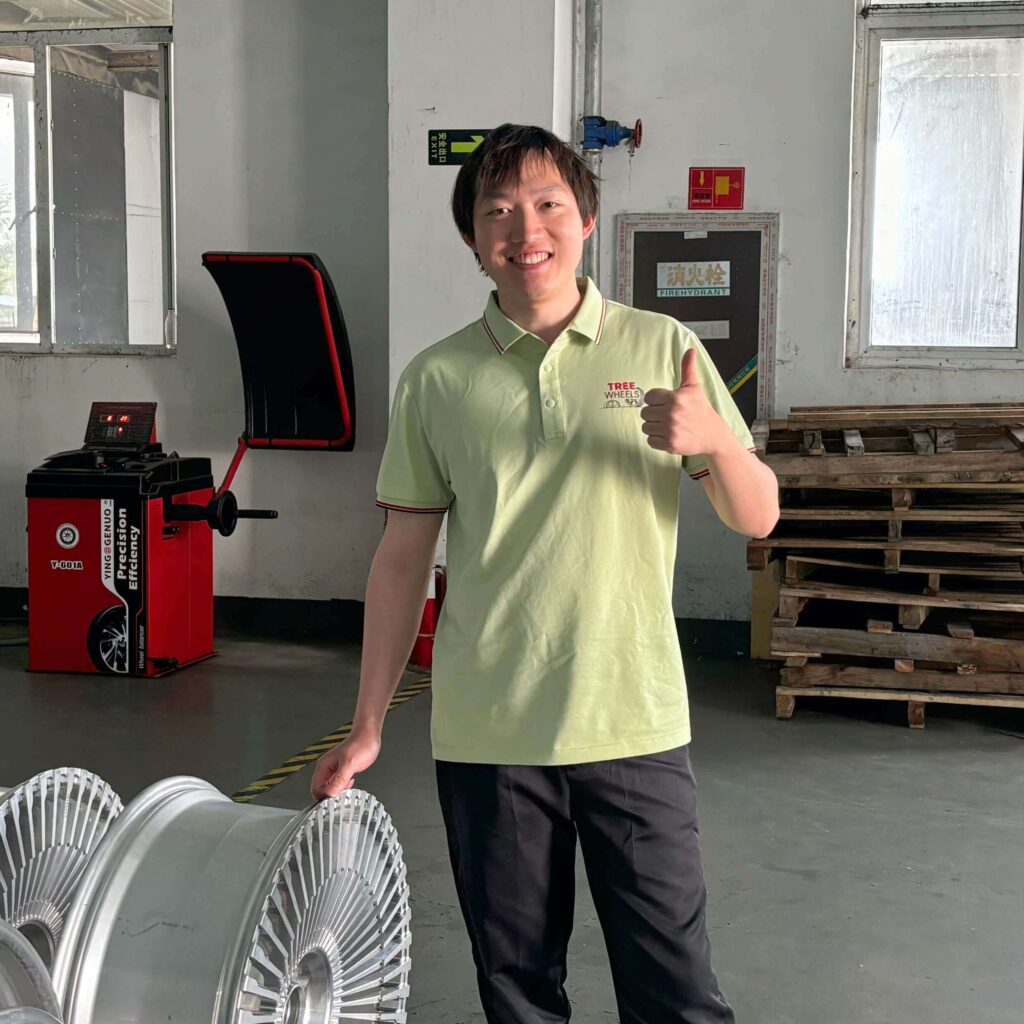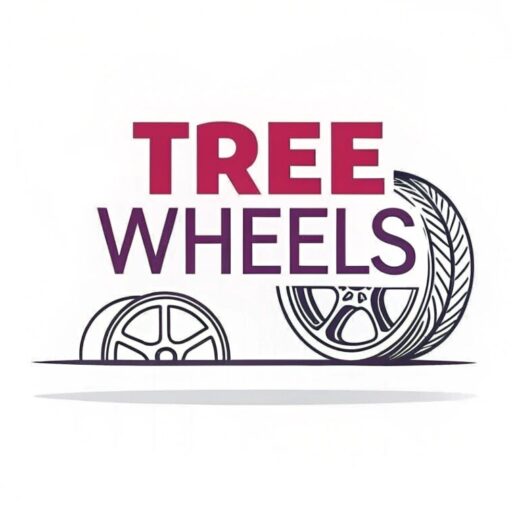Damaged wheels are a headache for every car enthusiast. You've invested in premium forged wheels, but an unfortunate curb hit has left visible damage. Now you're wondering if repair is possible or if replacement is your only option.
Forged wheels can be repaired in many cases. Surface damage like curb rash and minor scratches can be fully restored. Light bends can often be corrected. However, structural damage affecting the wheel's integrity cannot be safely repaired and requires replacement regardless of the wheel type.
 repair options](https://treewheels.com/wp-content/uploads/2025/08/1-a-close-up-of-a-damaged-forged-.png)
As a manufacturer specializing in high-end forged wheels, I've seen countless damaged wheels come through our facility. The repairability of forged wheels is actually superior to cast wheels due to their unique metallurgical structure and higher ductility. Let's dive into what damages can be fixed and when you should consider replacement instead.
At What Point Can A Rim Not Be Repaired?
Your expensive forged wheels hit a nasty pothole, and now you're facing visible damage. The critical question becomes: is this something fixable, or have you crossed the point of no return?
A rim cannot be safely repaired when it has structural damage that compromises its integrity. This includes severe bends that alter the wheel's profile, cracks extending into the airtight chamber, complete fractures in the rim section, or damage to critical mounting areas. These issues make repair unsafe regardless of wheel type.
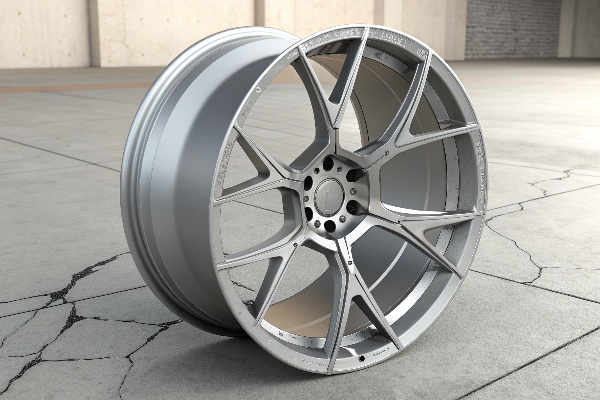
From my years of experience in wheel manufacturing, I've learned that structural damage represents the definitive line between repairable and non-repairable wheels. When a wheel sustains severe structural damage, the internal metallurgical properties become permanently altered. Even if the wheel appears fixed after repair, the metal's stress distribution has been fundamentally changed.
This is why I always advise my clients that attempting to repair structurally damaged wheels is typically a losing proposition financially. Our long-term data shows that wheels with "fixed" structural issues almost invariably develop problems later—often starting with vibrations or wobbling that progresses to complete failure. What seems like saving money initially quickly becomes more expensive as you face multiple repair attempts, not to mention the safety risks involved.
The most common unrepairable damages we see include:
Critical Damage Types That Cannot Be Safely Repaired
| Damage Type | Description | Why It's Unrepairable |
|---|---|---|
| Deep Cracks | Cracks extending into air-sealing areas | Compromises structural integrity and air retention |
| Severe Bending | Deformation exceeding 25% of wheel profile | Metal fatigue makes re-straightening unsafe |
| Barrel/Mounting Surface Damage | Damage to where tire mounts or wheel attaches to vehicle | Critical tolerances cannot be restored safely |
| Elongated Bolt Holes | Stretched or damaged lug holes | Cannot safely transfer torque from vehicle to wheel |
When facing these types of damage, replacement isn't just the safer option—it's actually more cost-effective in the long run. You'll avoid the cycle of temporary fixes followed by recurring problems that plague improperly repaired wheels.
Can You Fix Curb Rash On Forged Wheels?
You've just experienced that sickening sound of your beautiful forged wheels scraping against a curb. The resulting scuffs and scratches are visually jarring, especially on premium wheels. Is this damage permanent?
Yes, curb rash on forged wheels can be completely repaired in most cases. The repair process typically involves sanding down the damaged area, filling any deeper gouges, refinishing the surface, and applying matching paint or powder coating. Forged wheels actually tend to repair better than cast wheels due to their denser material structure.
 on a forged wheel [curb rash](https://www.youtube.com/watch?v=HOxAcaO9ylI) [repair process](https://www.paintlessdentschool.com/the-ultimate-guide-to-alloy-wheel-repair-specialists-restoring-your-wheels-to-perfection/)](https://treewheels.com/wp-content/uploads/2025/08/3-a-step-by-step-sequence-showing-t.png)
Surface damage like curb rash represents the most common type of wheel damage we see at our factory. I'm always pleased to inform customers that this is also the most repairable form of wheel damage—and forged wheels have a distinct advantage here. The manufacturing process of forged wheels creates a more uniform metal structure that responds exceptionally well to refinishing techniques.
Our repair specialists have developed specific processes that make curb rash repairs on forged wheels nearly invisible when completed. The dense, uniform grain structure of forged aluminum allows for smoother finishing and better paint adhesion compared to cast wheels. This is because the forging process aligns the metal's grain structure, creating fewer air pockets or inconsistencies that might compromise the repair.
The curb rash repair process for forged wheels typically involves several specialized steps:
Forged Wheel Curb Rash Repair Process
- Assessment and Cleaning: Thoroughly examining the damage extent and proper cleaning to remove any debris
- Surface Preparation: Carefully sanding the damaged area to remove scratches while preserving the wheel's profile
- Filling (if needed): Using specialized metal fillers for deeper gouges that match the wheel's properties
- Refinishing: Restoring the wheel's original texture through precise machining or polishing
- Color Matching: Applying exact color matches using automotive-grade finishes
- Clear Coating: Protecting the repair with durable clear coats that blend with the original finish
The quality of a curb rash repair largely depends on the technician's skill and the equipment used. At Tree Wheels, we employ specialized polishing techniques and surface treatment processes that make repairs virtually undetectable. Many of our customers are surprised to see their previously damaged wheels restored to a condition that appears factory-new.
What Wheel Damage Can Be Repaired?
After experiencing wheel damage, most car enthusiasts wonder which problems can be fixed and which require complete replacement. Understanding the repair possibilities can save you unnecessary expenses while ensuring your vehicle remains safe.
Repairable wheel damage includes surface scratches, curb rash, minor bends (under 1 inch of runout), light corrosion, and cosmetic imperfections like peeling clear coat. Minor air leaks at the valve stem or along the outer rim can also be fixed. However, significant structural issues like cracks or severe bending require wheel replacement.
 various types of wheel damage](https://treewheels.com/wp-content/uploads/2025/08/4-a-comparative-display-of-differe.png)
As someone who has overseen the production of thousands of forged wheels, I've developed a clear understanding of the boundaries between repairable and unrepairable damage. Our engineering team has perfected specialized heat treatment and precision correction techniques that allow Tree Wheels' forged products to recover both performance and appearance after minor impacts.
From a technical perspective, forged wheels have a significant advantage when it comes to repair potential. The forging process aligns the aluminum's grain structure and eliminates air pockets common in cast wheels. This creates a more malleable material that can be worked on without compromising structural integrity—within limits, of course.
Here's a breakdown of common wheel damages and their repairability:
Wheel Damage Repairability Guide
| Damage Type | Typically Repairable? | Notes for Forged Wheels |
|---|---|---|
| Curb Rash/Scratches | Yes | Forged wheels polish exceptionally well due to uniform metal structure |
| Minor Bends (under 1") | Yes | Can be straightened with specialized equipment with no loss of strength |
| Cosmetic Finish Issues | Yes | Surface treatments like clear coat, paint, powder coating can be restored |
| Valve Stem Leaks | Yes | Simple replacement process that doesn't affect wheel structure |
| Minor Barrel Scrapes | Yes | Can be machined and refinished if not too deep |
| Significant Bends (over 1") | No | Metal fatigue makes these unsafe to repair |
| Cracks of Any Kind | No | Impossible to restore original strength and safety |
| Damaged Mounting Holes | No | Critical for safety, cannot be properly repaired |
| Heat Damage | No | Permanently alters metal properties |
What makes forged wheels particularly well-suited for repairs is their manufacturing process. Unlike cast wheels, which have a more brittle structure, forged wheels undergo extreme pressure during creation that eliminates voids and aligns the metal's grain. This gives the wheel material more ductility—the ability to bend without breaking—which is beneficial both when damage occurs and during the repair process.
Conclusion
Forged wheels offer superior repairability for surface damage and minor bends, but structural issues always demand replacement for safety. Understanding this distinction protects your investment and ensures road safety. Tree Wheels provides premium forged wheels designed with both durability and repairability in mind, giving you peace of mind with every mile.
